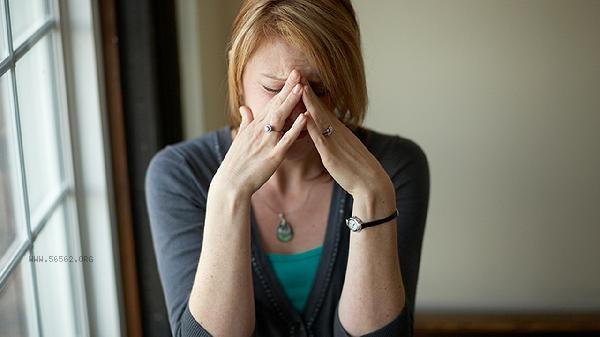When low mood persists for more than two weeks and is accompanied by other symptoms, be alert to depression. The diagnostic criteria for depression mainly include core features such as sustained low mood, decreased interest, decreased energy, sleep disorders, and self denial.

1. Persistent low mood
Depression patients often experience low mood without obvious causes and are difficult to relieve on their own, manifested as being depressed all day and losing pleasure in daily activities. The biggest difference between this emotional state and a normal low mood is the duration and severity, with normal emotional fluctuations usually easing within a few days.
2. Decreased interest
Patients may suddenly lose interest in things they used to be passionate about, including social activities, hobbies, and even basic living needs. This change is not temporary boredom, but a persistent state of emotional numbness, and in severe cases, emotional apathy may occur.
3. Decreased energy
Continuous fatigue and reduced activity are typical manifestations, often described by patients as a "heavy feeling of whole body lead infusion". Even simple daily activities such as washing up and eating can feel laborious, and the difference between this state and ordinary fatigue is that it cannot be relieved after rest.

4. Sleep disorders
Depression patients often have rhythm disorders such as difficulty falling asleep, early awakening, or excessive sleep. The characteristic manifestation is the inability to fall asleep again after waking up at 3-4 am, accompanied by a strong sense of helplessness and negative thoughts. This pattern is fundamentally different from temporary insomnia.
5. Self denial
Patients may experience a strong sense of worthlessness and excessive self blame, often exaggerating minor mistakes as unforgivable errors. In severe cases, delusional symptoms may occur, such as believing that one has a terminal illness or causing disaster to others. This cognitive distortion is an important diagnostic basis for depression.

When the above symptoms occur, it is recommended to seek timely evaluation at a psychiatric department. In daily life, one can maintain a regular schedule, engage in aerobic exercise appropriately, maintain social connections, and avoid excessive self pressure. Pay attention to supplementing foods rich in tryptophan such as bananas, milk, etc. in diet, but it should be noted that these measures cannot replace professional treatment. Depression, like other diseases, requires standardized diagnosis and treatment, and early intervention can significantly improve prognosis.







Comments (0)
Leave a Comment
No comments yet
Be the first to share your thoughts!